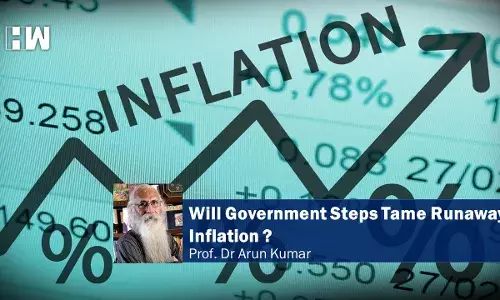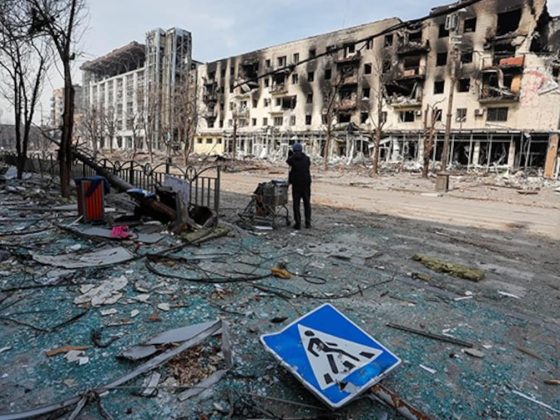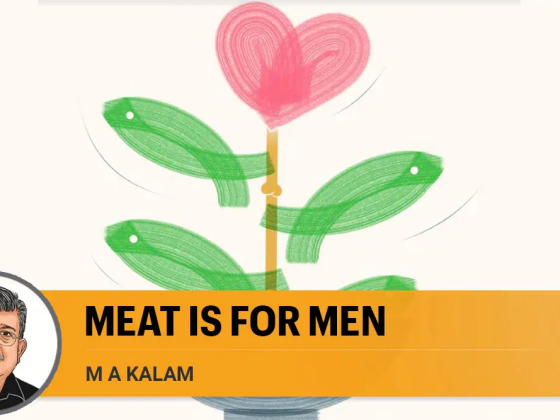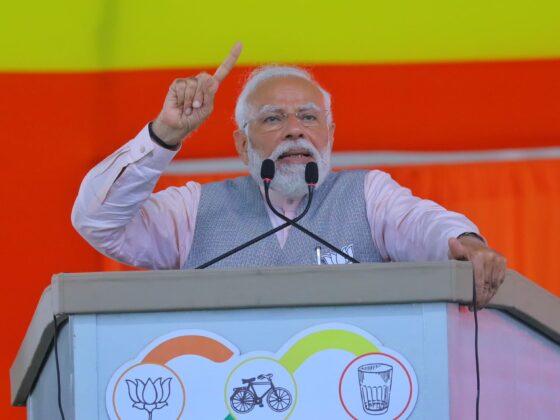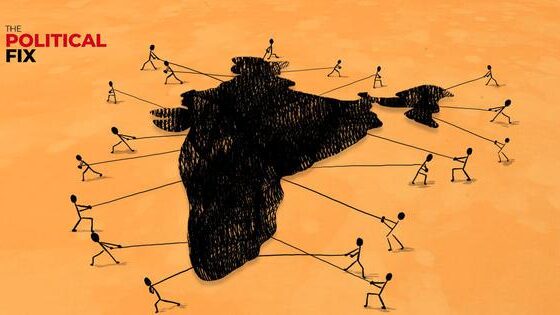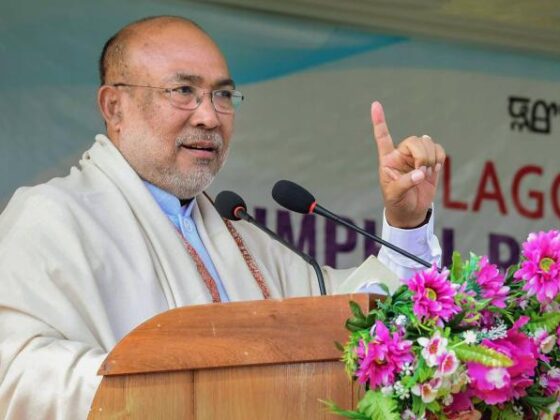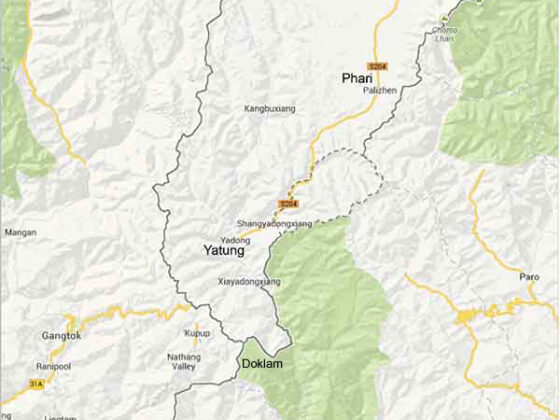“The steps announced by the government are only a first step. Prices of essentials have to be brought down (not just rate of inflation) and wages indexed to inflation”
WPI rising at 15.08% in April 2022 has set alarm bells ringing in the government. Not only has the WPI been rising at above 10% per annum for over 13 months, but it has also been rising faster since February 2022. In other words, it has accelerated. Of course, the war in Ukraine has impacted it but it had been rising rapidly prior to that. In November 2021 it had risen by 14.87%. It moderated a little till January 2022 and then again rose.
In November 2021 the government had cut taxes on petro goods to bring down their prices. Now the government has again cut these taxes in the hope of moderating inflation. By restricting the exports of wheat and sugar it seeks to lower their prices. Additionally, it has acted to lower the prices of basics like steel, cement and plastics. These steps should help moderate inflation. The issue is how much and whether it will benefit the citizens, especially the marginalized ones?
Acceleration and Generalization to all Commodities.
When indirect taxes are levied on basic items of production, they feed into the price of all other products. For instance, if the price of energy rises, since it is used in all production, the price of all products rises – there is a generalized price rise. If the tax on diesel is raised, transport costs, cost of running pumps in the fields and electricity generated using diesel rise. Similar is the case with coal, cement, steel and plastics. So, one way of lowering the rate of inflation is to reduce taxes on these basics.

